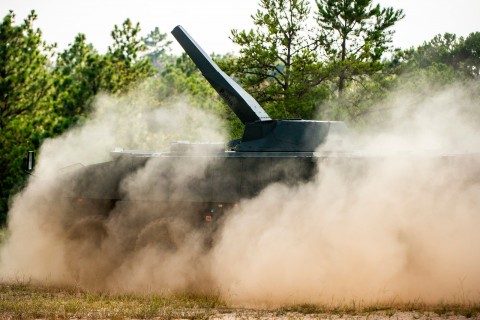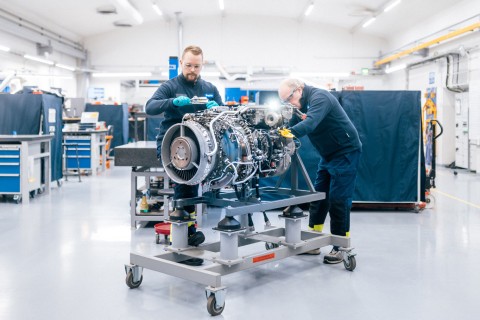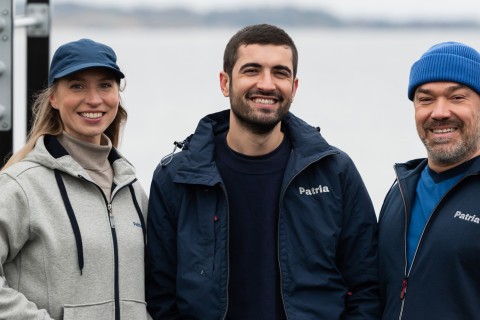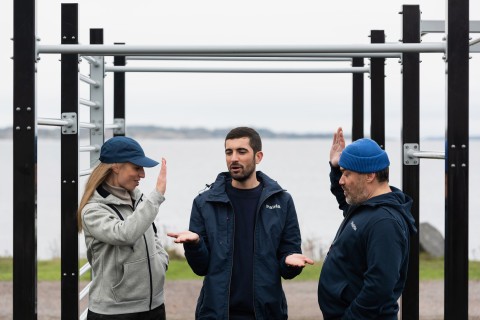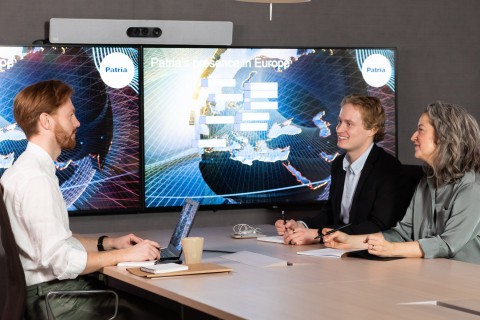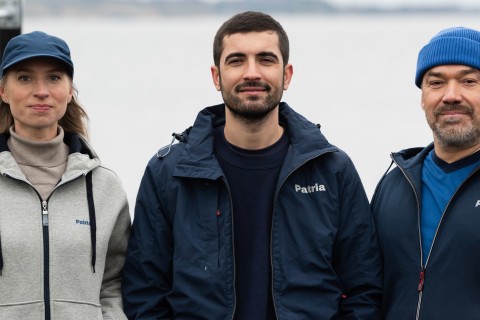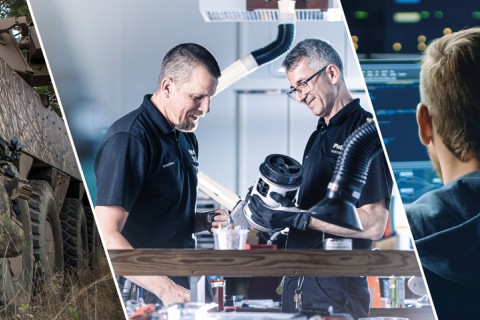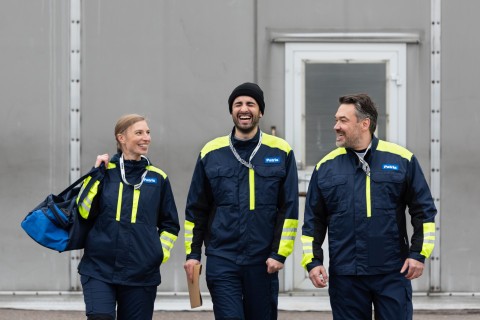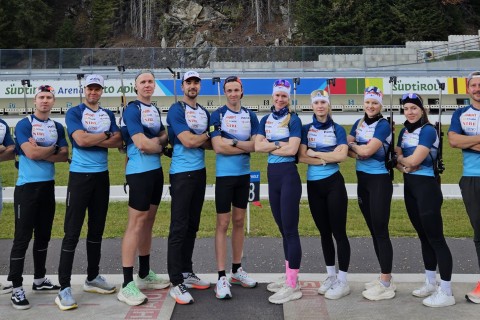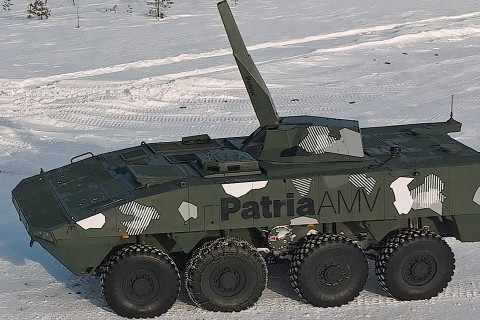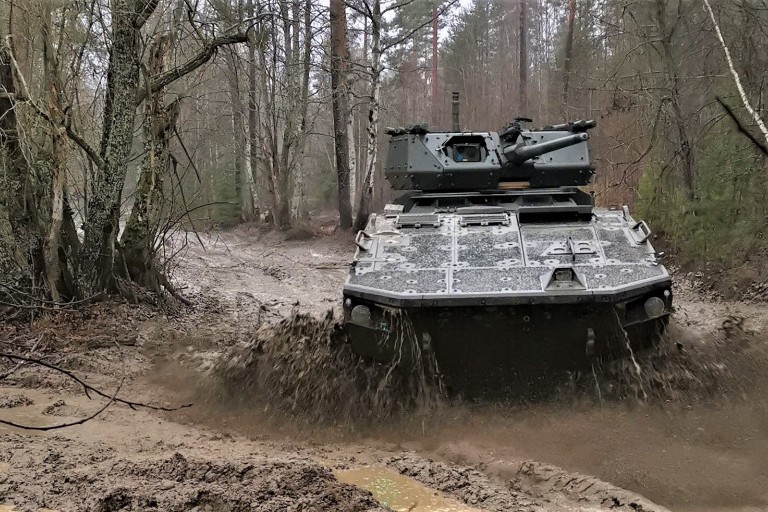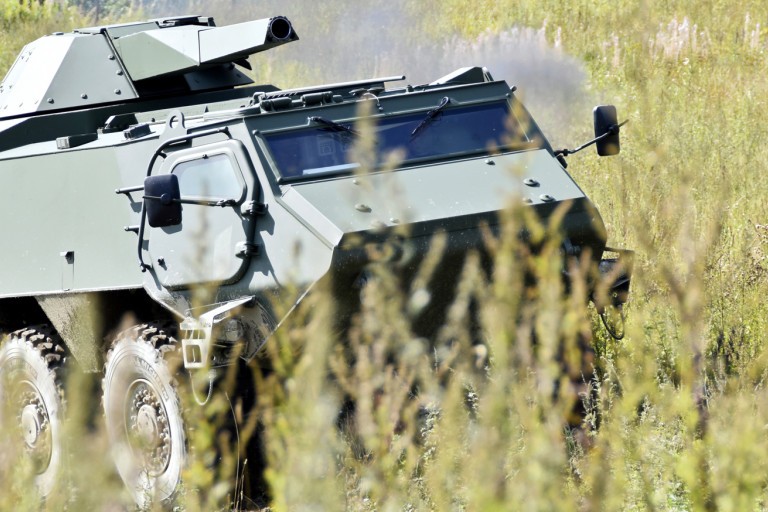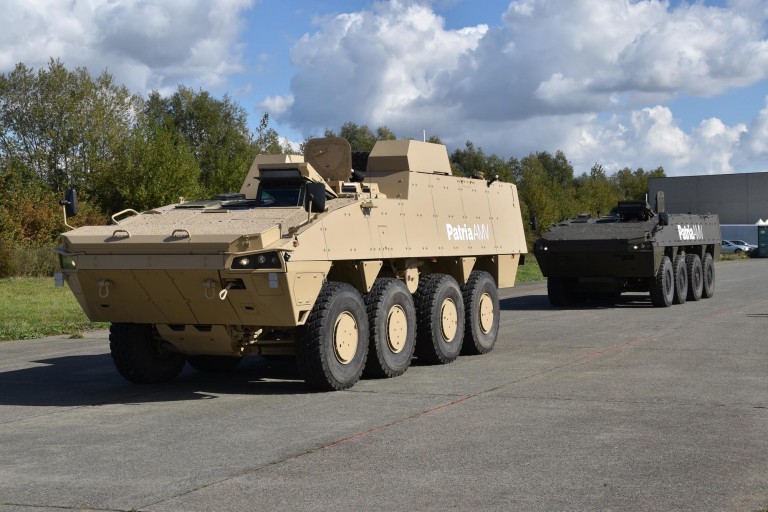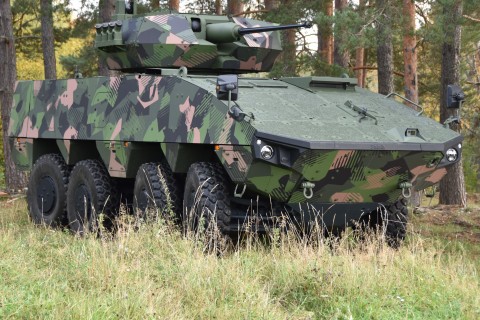
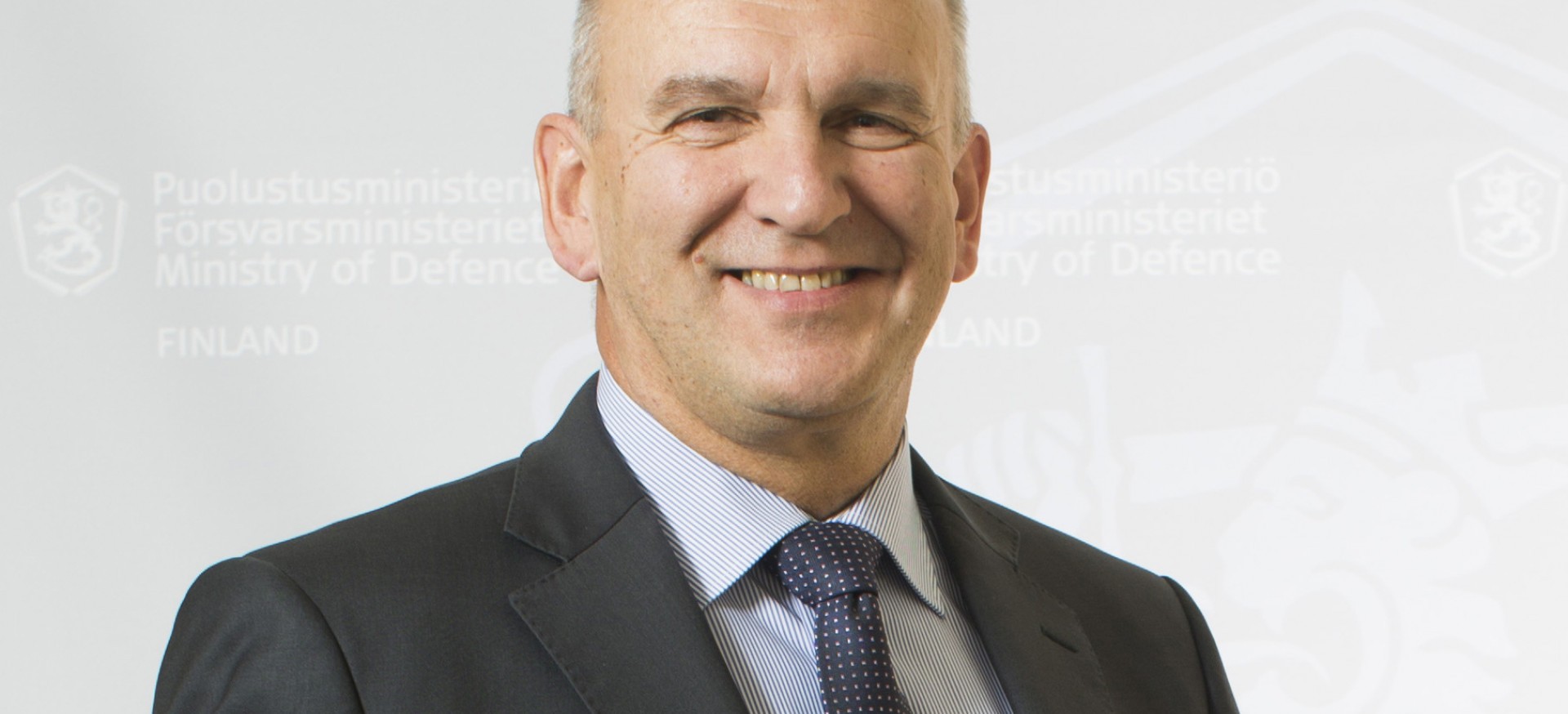
The European defence policy at a turning point
26.5.2014
Instead of defending their territories, many states are increasingly focusing on crisis management missions. At the same time, as a result of the economic crisis, almost all European countries have had to cut their defence appropriations, some even by as much as 40 percent.
In the 21st century, the aggregate defence budgets of EU member states have fallen by approximately 20 percent. The drop in budget levels is generally discernible also in NATO countries. The neighbouring countries of Finland, however, are an exception to this trend.
The general change has been noticed among the highest leaders of both Finland and the European Union. In December 2013, heads of government discussed defence issues at the European Council meeting. The defence industry was one of the three themes of the meeting, and surely the most difficult of them all. This is easy to understand, as it concerns jobs and securing of national interests.
You often hear that Finnish industry needs the Ministry of Defence and the Defence Forces, but we need the Finnish defence industry as well. We need the industry for ensuring lifecycle maintenance of equipment and partnership competence in particular. Areas with critical importance for national defence have been listed in the government decision concerning supply security targets, revised in December last year. Taking account of the supply security perspective is especially important in acquisitions concerning the critical areas. Assessments of the matter must be made from the very early planning stages of acquisitions, also taking account of the supply security risks and costs associated with the various alternatives, and the aspects related to partnership. Earlier, such issues were not even taken up in discussions, since Finland – like other countries as well – bought most its defence materiel domestically.
However, there is no returning to the past. We must have sights on the future. We must also accept the fact that the future of Finnish defence industry companies may not necessarily be found within Europe alone. Nor will the Finnish Defence Forces alone be able to maintain the viability of the Finnish defence industry. We are equally aware as the Finnish industry is that in spite of fine, mutually agreed principles, for the time being, the European markets are not genuinely open. Various studies conducted by, for example, the European Defence Agency (EDA), show that the biggest European countries buy most of their defence materiel – some even 90 percent – from the domestic market. For this reason, we at the Ministry of Defence have strongly underscored at the EU level that various actors, such as the European Commission, should take real action to supervise the markets in all possible ways, including judicial means. Only then can the markets open up in a manner that would also benefit the Finnish defence industry. For quite some time, Finland has been a very open user of the tendering processes, and this is something we will hold on to even in the future. We should not be afraid of competition either – as long as it is fair. For us, as users and clients, it means better products, since competition keeps the companies innovative and the prices at the right level.
I believe that one of the future opportunities for the Finnish defence industry will be found in the Far East and Asia. We acknowledged this also during our recently completed export promotion trip to South Korea and Indonesia. I came to understand that in those parts of the world, Finnish expertise is highly valued. In these markets, the Finnish industry is on the same line with other European industrial companies. There, no one has an upper hand on the basis of national interests; the quality of products, competence, and marketing are the decisive factors.
Internationally, we Finns have a reputation of being a good and reliable partner, which has competitive products of high technical quality to offer. A good example of this is Patria AMV vehicle, which several states have selected as their personnel carrier. Let us ensure that adjectives such as cost-effective, reliable, high-quality, and highly competent remain our valued assets also in the future.
We at the Ministry of Defence are committed to supporting the Finnish defence industry in export promotion efforts. This objective is also included in the Ministry’s rules of procedure. I urge companies to invest more and more in international marketing and promotion of their products. By being part of Team Finland export promotion, the Ministry of Defence, as well as the rest of the government, is actively involved in this joint effort. It has been my privilege to have been able to take part in several trade missions, presenting Finnish high-end expertise, which is easy to be proud of.
What did you like about the article?
Thank you for your opinion! You can share the article on social media using the buttons below:
